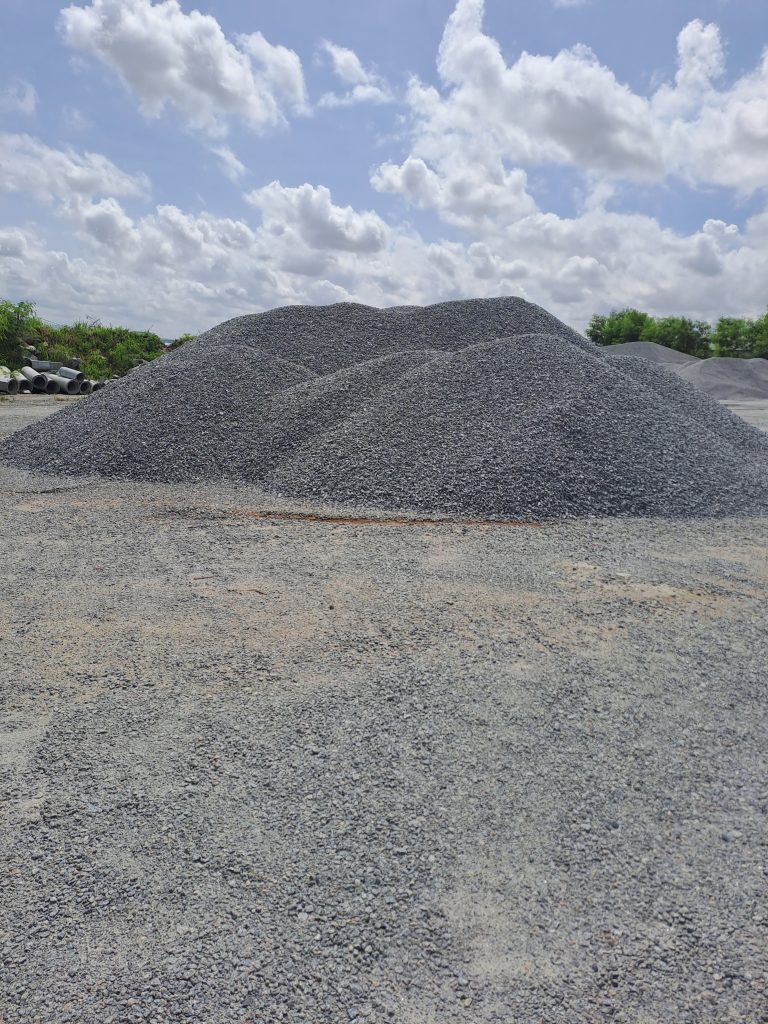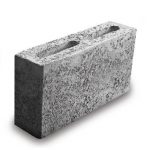
What are Granite ?
Granite is a type of igneous rock formed from the slow crystallization of magma beneath the Earth’s surface. Composed mainly of quartz, feldspar, and mica, granite is renowned for its durability, aesthetic appeal, and versatility.
Characteristics of Granite:
- Mineral Composition: It is primarily composed of three main
minerals: quartz, feldspar, and mica. The specific combination and proportions of these minerals contribute to the unique appearance of each granite slab. - Hardness: It is a hard and durable natural stone. It ranks
high on the Mohs scale of mineral hardness, making it resistant to scratches and abrasion. - Density: It is a dense rock, and its density contributes to
its durability. The dense structure also makes it less porous and more resistant to water absorption. - Natural Beauty: It is renowned for its natural beauty. It comes in a wide range of colors, including shades of white, gray, black, pink,
red, and green. The stone often exhibits unique veining, patterns, and speckling. - Heat Resistance: It is heat-resistant, making it suitable
for applications like kitchen countertops where hot pans and cookware are commonly used. It can withstand high temperatures without sustaining damage. - Durability: The durability is one of its most significant characteristics. It is resistant to wear and tear, making it suitable for high-traffic areas such as flooring and heavily used surfaces like kitchen countertops.
- Versatility: It is a versatile material used in various
applications, including countertops, flooring, wall cladding, monuments, and outdoor landscaping. Its adaptability to different environments makes it a popular choice for both interior and exterior use. - Low Maintenance: It is relatively low-maintenance. It is
resistant to staining, and regular cleaning with mild soap and water is usually sufficient to keep it looking pristine. - Unique Patterns: Each slab of granite is unique due to the
variations in mineral composition and the natural geological processes that formed the rock. This uniqueness adds character and aesthetic appeal to the stone. - Longevity: It is known for its longevity and ability to withstand the test of time. When properly cared for, granite surfaces can maintain their beauty and functionality for decades.
- Resistance to Chemicals: It is generally resistant to chemicals, including acids and alkalis. This resistance makes it suitable for
use in kitchens and areas where exposure to various substances is common. - Resistance to Bacteria and Allergens: The non-porous nature
of granite makes it resistant to the growth of bacteria and allergens, contributing to a healthier and more hygienic environment.
Importance of Granite
- Durability: it is highly durable and resistant to scratches, heat, and wear. This durability makes it an excellent choice for countertops, flooring, and other surfaces in high-traffic areas.
- Aesthetic Appeal: One of the key reasons for the widespread use of granite is its natural beauty. It comes in a variety of colors and patterns, with unique veining and speckling that add character to any space.
- Versatility: It versatility extends beyond countertops. It is commonly used for flooring, wall cladding, monuments, and even outdoor landscaping. Its adaptability to different environments makes it a popular choice for both interior and exterior applications.
- Increased Property Value: The use of granite in kitchens and bathrooms often enhances the value of a property. Its luxurious appearance and long-lasting nature make it an attractive feature for potential buyers.
Tips to Identify Quality Granite
Identifying quality granite involves assessing various characteristics to ensure you choose a durable and aesthetically pleasing natural stone. Here are some tips to help you identify high-quality granite:
- Color Consistency: Look for consistent color and pattern throughout the entire slab. Inconsistent coloring or patches may indicate lower quality.
- Smooth Surface and Polishing: Run your hand over the surface of the granite. High-quality granite should have a smooth and polished finish, free from rough spots or uneven areas. Check for a reflective surface when light is directed onto the granite. A dull or uneven polish may suggest substandard craftsmanship.
- Thickness and Density: Opt for thicker slabs, as they tend to be more durable. Thinner slabs may be more susceptible to cracking or chipping. Hold the granite sample and assess its weight. Quality granite tends to be denser, indicating better durability.
- Water Absorption: Granite with low water absorption rates is generally of higher quality. Lower water absorption contributes to the stone’s resistance against stains and damage.
- Veining Patterns: Examine the veining patterns in the granite. While unique veins contribute to the stone’s beauty, excessive veining may weaken the structure. Strike a balance between aesthetics and structural integrity.
- Origin and Certification: Inquire about the granite’s origin. Certain regions are known for producing high-quality granite. Ask for information about the quarry and the specific type of granite.
- Look for certifications or testing results. Reputable suppliers often provide information about the granite’s composition, strength, and performance.
- Scratch Resistance: Test the granite’s scratch resistance by lightly attempting to scratch the surface with a key or a coin. Quality granite should be resistant to scratches from everyday items.
- Acid Resistance: It should be resistant to acidic substances. Test a small, inconspicuous area with a mild acid (such as lemon juice) and observe if any etching or discoloration occurs.
- Edge Quality: Examine the edges of the granite. Well-finished edges contribute to the overall aesthetics. Be cautious of chipped or poorly finished edges.
- Consult with Professionals: Seek advice from professionals or experts in the industry. They can provide guidance on selecting the right type of granite for your specific needs and offer insights into quality considerations.
By paying attention to these tips, you can make a more informed decision when selecting granite, ensuring that you choose a high-quality stone that meets both aesthetic and functional requirements.




